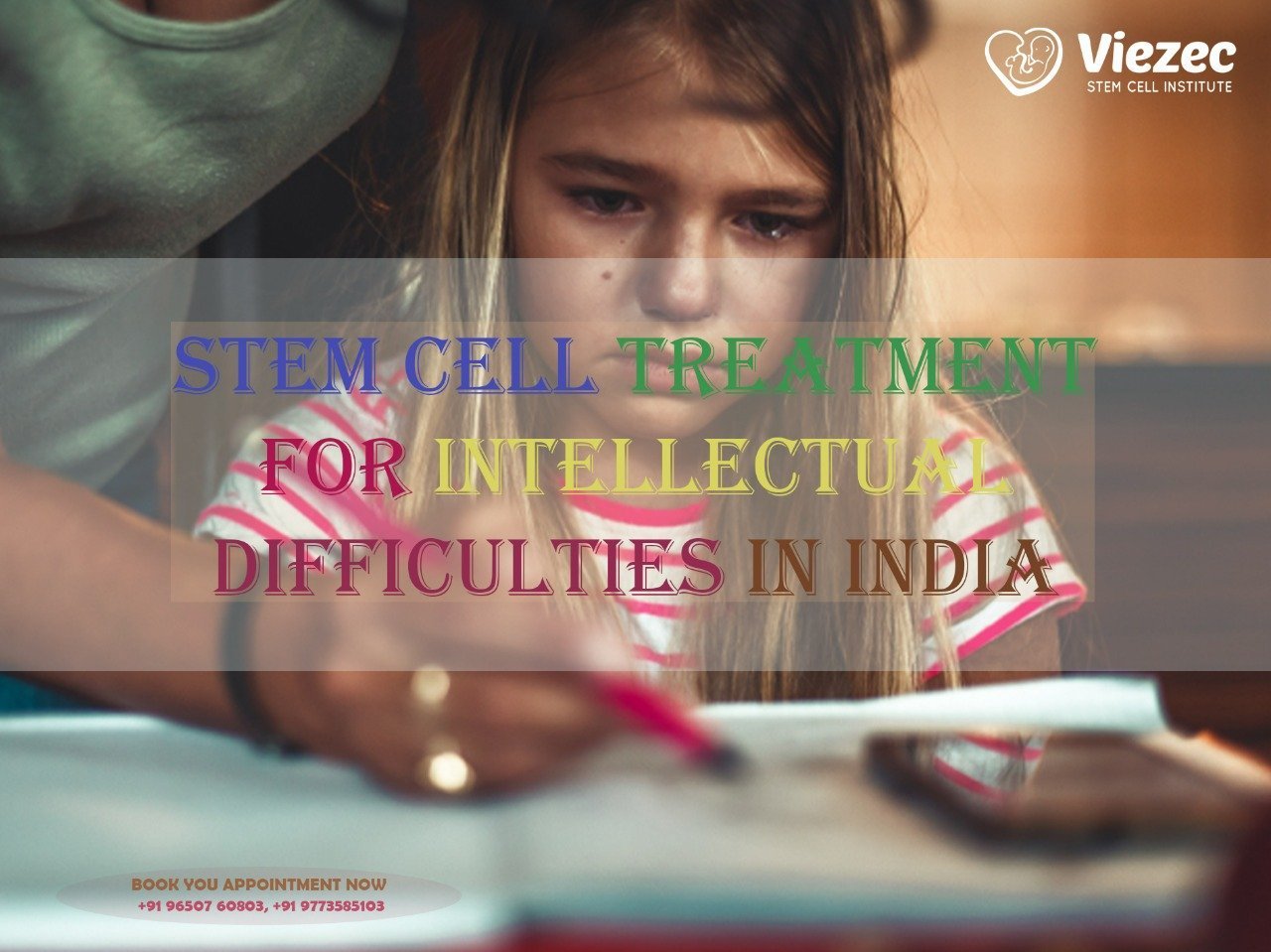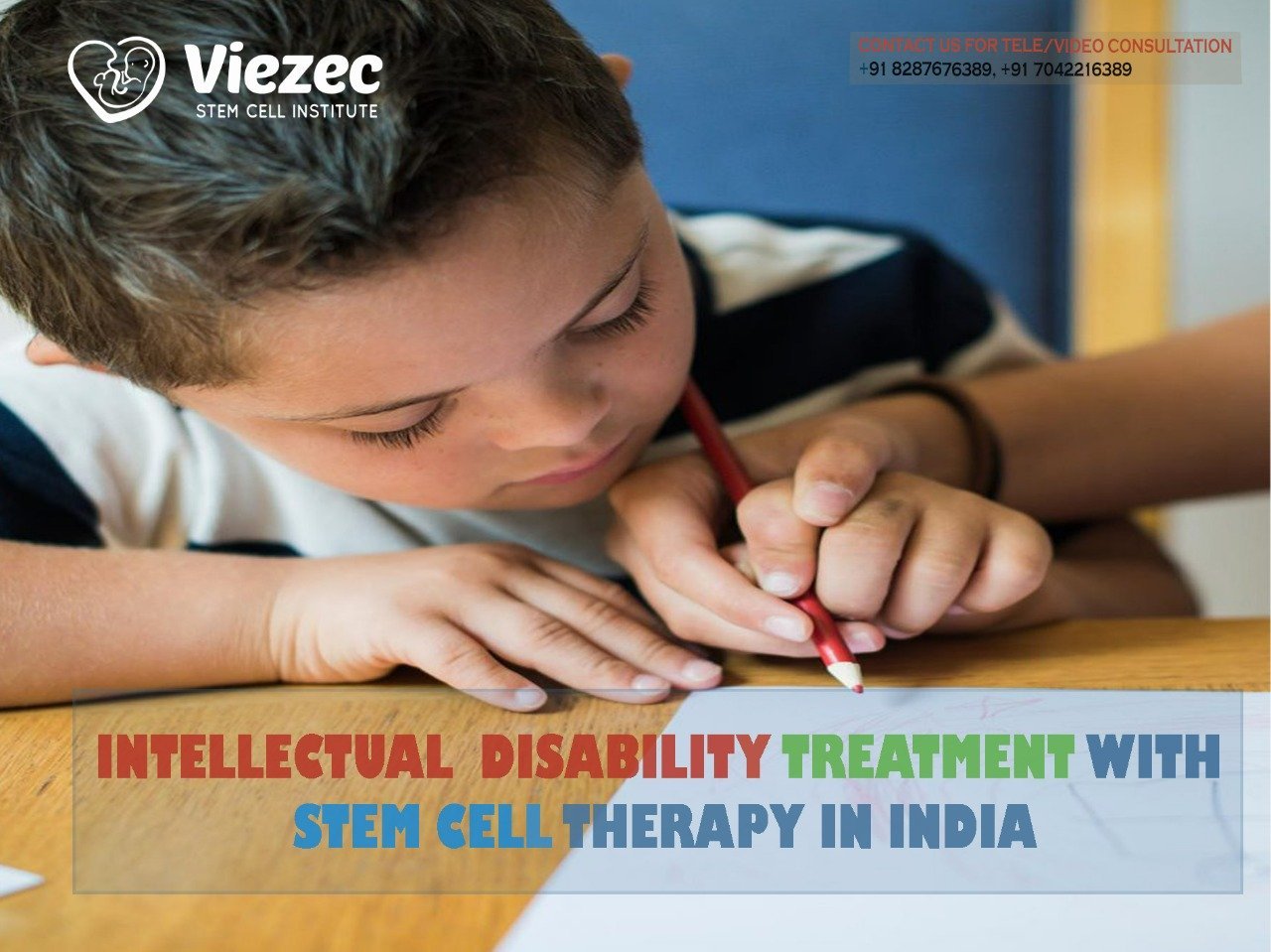Intellectual disability (ID) refers to significant limitations in intellectual functioning (such as reasoning, learning, problem-solving) and adaptive behavior, originating before the age of 18. In India, these conditions manifest across a spectrum, affecting individuals’ cognitive abilities and daily functioning. The scope includes varying degrees of impairment, impacting educational attainment, social skills, and independence.
Prevalence and Demographics in India
The prevalence of intellectual disabilities in India is significant, with estimates suggesting around 2-3% of the population affected. However, due to underreporting and stigma, the actual numbers could be higher. Demographically, rural areas and socio-economically disadvantaged populations often bear a higher burden due to limited access to healthcare and education.
Challenges Faced by Individuals with Intellectual Disabilities
People with intellectual disabilities encounter multifaceted challenges, including social stigma, lack of appropriate healthcare services, educational barriers, and limited employment opportunities. These obstacles hinder their integration into mainstream society and lead to significant inequalities in access to basic rights and services.
Current Landscape of Treatment and Care
Existing Healthcare Infrastructure in India
India’s healthcare infrastructure, though improving, faces considerable gaps in providing specialized services for intellectual disabilities. Few dedicated facilities and trained professionals are available, especially in rural areas, exacerbating the treatment gap for affected individuals and their families.
Accessibility Issues and Barriers
Accessibility remains a critical issue, encompassing physical access to healthcare facilities, affordability of services, and the availability of trained personnel. Many families face long distances to specialized care centers, coupled with financial constraints, making regular treatment and therapy sessions challenging to sustain.
Role of Government Policies and Initiatives
Government initiatives like the National Trust Act and the Rights of Persons with Disabilities Act have aimed to enhance support systems and promote inclusivity. However, implementation gaps persist, affecting the reach and effectiveness of these policies in improving the lives of individuals with intellectual disabilities.
Emerging Trends and Innovations
Integration of Technology in Treatment
Technological advancements, such as telemedicine and mobile health applications, are revolutionizing the delivery of healthcare services to remote and underserved areas. These innovations hold promise for improving access to diagnosis, therapy, and caregiver support for individuals with intellectual disabilities.
Advances in Medical Interventions (including Stem Cell Therapy)
Research into medical interventions, including stem cell therapy and genetic therapies, offers potential breakthroughs in treating underlying causes of intellectual disabilities. While still in experimental stages, these developments present hopeful prospects for future treatment modalities.
Community-Based Rehabilitation Programs
Community-based rehabilitation programs play a crucial role in empowering individuals with intellectual disabilities by fostering local support networks, providing skill-building opportunities, and promoting social inclusion within neighborhoods and villages.
Educational Strategies and Support Systems
Inclusive Education Initiatives
Efforts to promote inclusive education are expanding, aiming to integrate students with intellectual disabilities into mainstream schools with necessary support systems. Specialized educators and assistive technologies are pivotal in ensuring these students receive quality education tailored to their needs.
Training and Capacity Building for Educators
Training programs for educators on inclusive teaching methodologies and understanding intellectual disabilities are essential for creating supportive learning environments. These initiatives enhance educators’ skills in adapting curricula and fostering inclusive classrooms.
Vocational Training and Employment Opportunities
Equipping individuals with intellectual disabilities with vocational skills enhances their independence and socio-economic participation. Vocational training programs, coupled with advocacy for inclusive hiring practices, pave the way for meaningful employment opportunities.
Family and Social Support
Importance of Family-Centered Care
Family support is foundational in the journey of individuals with intellectual disabilities, providing emotional, practical, and financial assistance. Empowering families through education and support services strengthens their ability to nurture and advocate for their loved ones effectively.
Support Networks and Advocacy Groups
Support networks and advocacy groups play pivotal roles in raising awareness, influencing policy, and providing peer support to families and individuals. These networks foster solidarity, share resources, and amplify the voices of those affected by intellectual disabilities.
Addressing Social Stigma and Discrimination
Combatting social stigma and discrimination is crucial for fostering inclusive communities. Awareness campaigns, media representation, and legislative measures are essential in challenging stereotypes and promoting acceptance and respect for diversity.
Legal and Policy Framework
Rights and Entitlements of Persons with Disabilities
Legal frameworks such as the Rights of Persons with Disabilities Act ensure fundamental rights, accessibility, and non-discrimination for individuals with intellectual disabilities. These laws mandate provisions for education, healthcare, employment, and accessibility in public spaces.
Implementation Challenges and Legal Reforms
Despite legislative advancements, challenges persist in effective implementation due to resource constraints, bureaucratic hurdles, and varying levels of awareness. Ongoing advocacy efforts seek to address these gaps and enforce compliance for improved outcomes.
International Comparisons and Best Practices
Learning from international best practices can inform India’s approach to intellectual disability treatment and policy formulation. Comparative studies highlight successful models of inclusive education, healthcare integration, and community support that can be adapted to local contexts.
Psychosocial Interventions and Mental Health
Counseling and Behavioral Therapies
Psychosocial interventions, including counseling, behavioral therapies, and cognitive-behavioral techniques, play pivotal roles in addressing mental health challenges and improving adaptive behaviors among individuals with intellectual disabilities.
Addressing Co-morbidities and Mental Health Issues
Individuals with intellectual disabilities often experience co-morbid mental health conditions such as anxiety and depression. Integrated healthcare approaches that address both intellectual disabilities and mental health issues are essential for holistic treatment.
Importance of Holistic Care Approaches
Holistic care encompasses physical, emotional, and social well-being, acknowledging the interconnectedness of health factors. Comprehensive care plans that include medical interventions, therapeutic support, and family involvement are integral to improving overall quality of life.
Financial Accessibility and Insurance
Affordability of Treatment Options
The financial burden of intellectual disability treatment can be substantial for families, particularly those without adequate insurance coverage or financial resources. Affordable treatment options and subsidized healthcare services are crucial for reducing out-of-pocket expenses.
Role of Health Insurance and Government Schemes
Government health insurance schemes like Ayushman Bharat aim to provide financial protection against catastrophic healthcare costs, including those related to intellectual disabilities. Strengthening coverage and awareness of these schemes is vital for ensuring equitable access to healthcare.
Economic Empowerment and Financial Inclusion
Promoting economic empowerment through skill development, entrepreneurship initiatives, and inclusive employment opportunities enhances financial independence among individuals with intellectual disabilities. Financial inclusion efforts aim to mitigate socio-economic disparities and promote self-sufficiency.
FAQs
1. What are the primary causes of intellectual disabilities in India?
Intellectual disabilities in India can stem from genetic factors, prenatal conditions, perinatal complications, infections, and environmental factors. Access to prenatal care and genetic counseling can help identify risks early.
2. How can communities support individuals with intellectual disabilities?
Communities can support by promoting inclusive practices, providing vocational opportunities, creating accessible public spaces, and fostering acceptance through awareness campaigns and education.
3. What role do technology and innovation play in intellectual disability treatment?
Technology aids in diagnosis, therapy delivery (e.g., telemedicine), and educational support (e.g., assistive technologies). Innovations like stem cell therapy offer potential future treatments for underlying conditions.
4. How effective are current legal frameworks in protecting the rights of persons with intellectual disabilities?
Legal frameworks like the Rights of Persons with Disabilities Act provide essential protections, but implementation challenges remain. Continued advocacy and monitoring are critical to ensuring these rights are upheld nationwide.
For more information on intellectual disability treatment strategies in India, visit us online or consult with healthcare professionals specializing in developmental disabilities.











